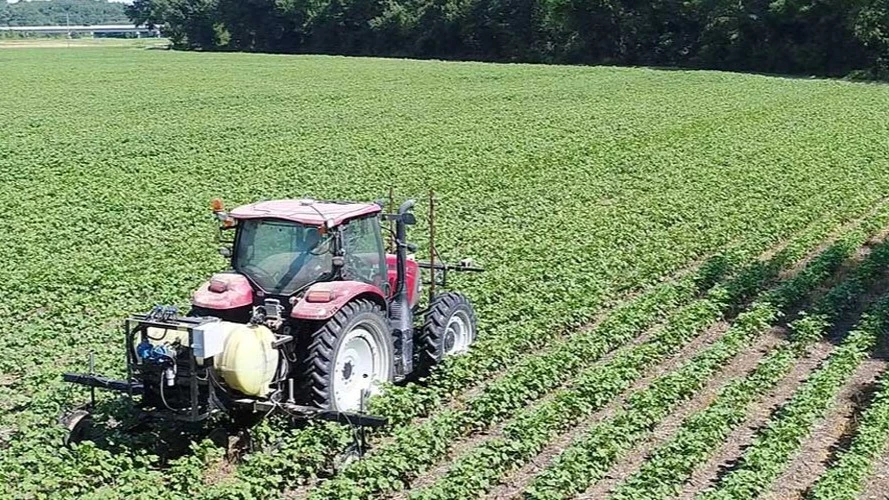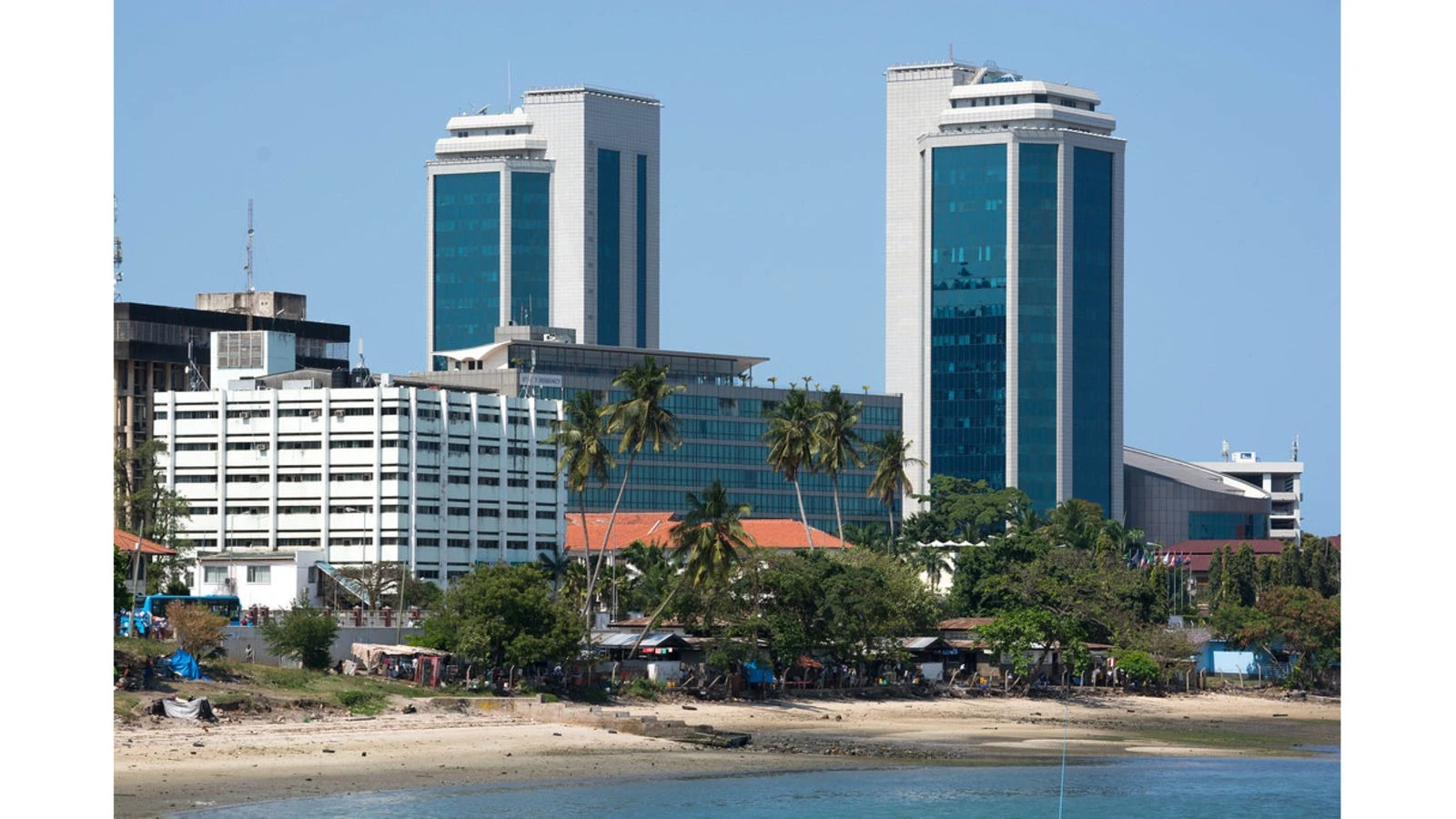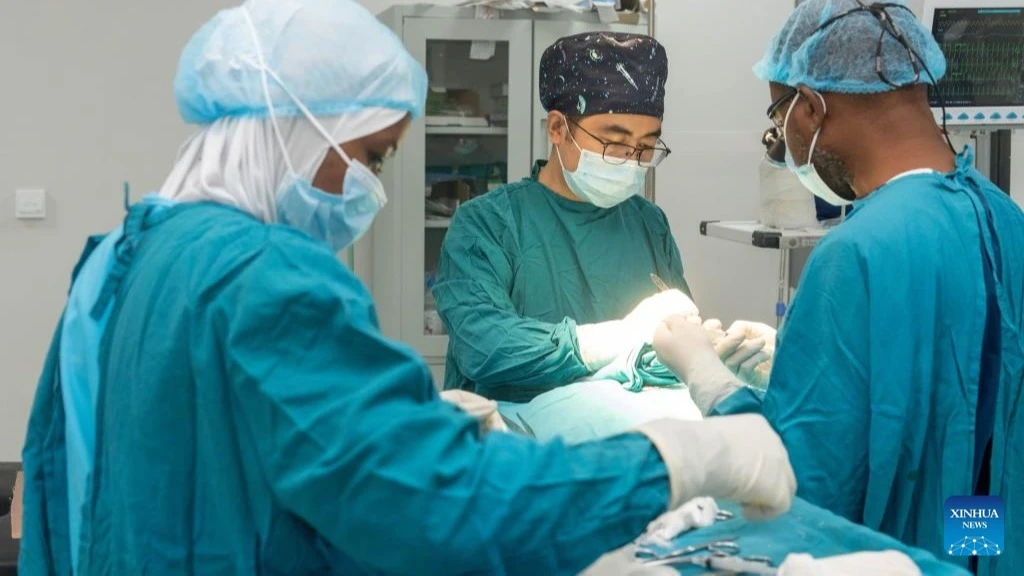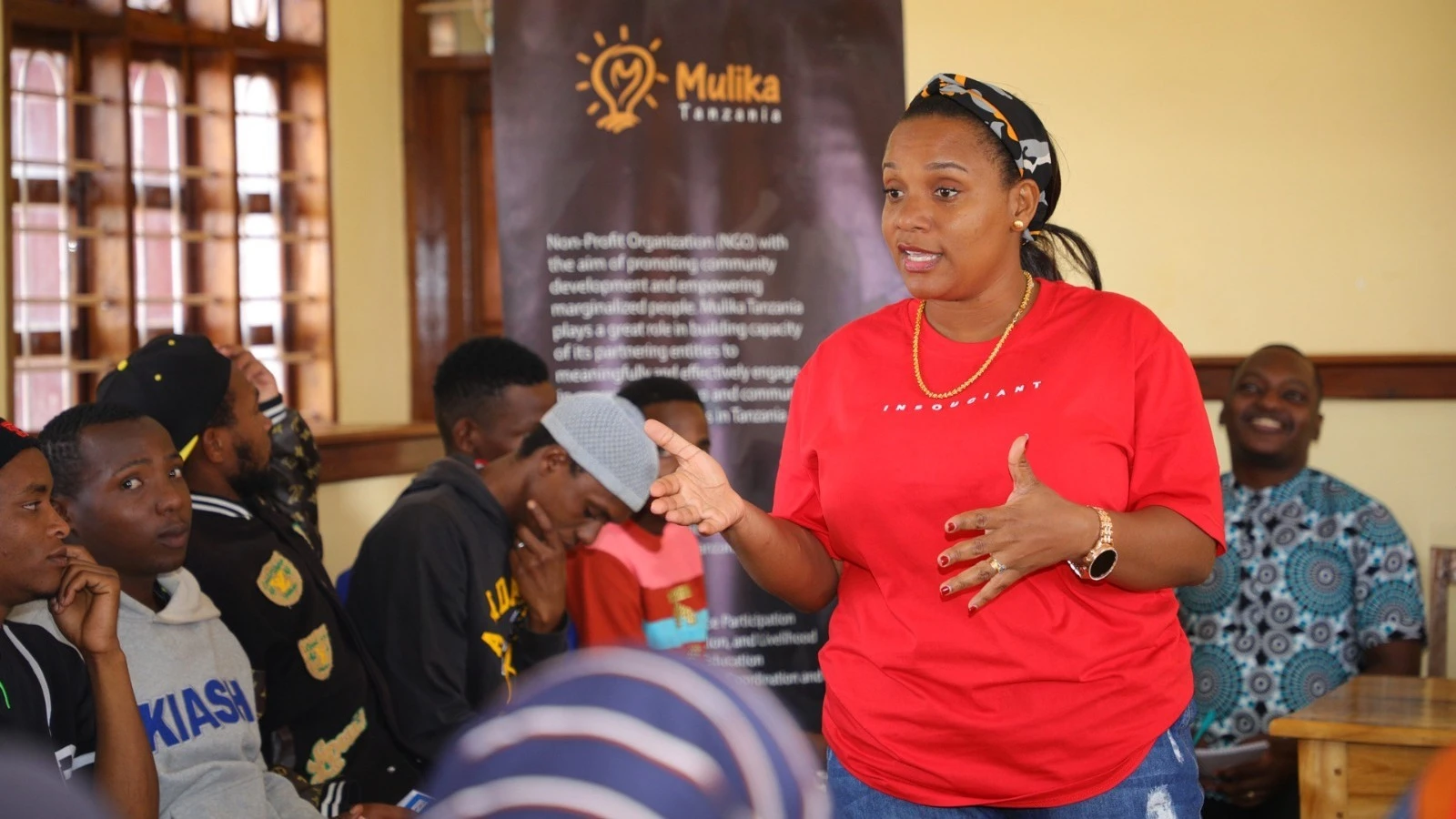‘Transformation of agriculture key to success of Vision 2050’

THE government has reaffirmed commitment to ensuring that agricultural transformation goes hand in hand with the country’s broader development aspirations, particularly those outlined in the long-term Tanzania Development Vision 2050.
Speaking during the high-level Food Systems Stakeholder Workshop in Dar es Salaam yesterday, Dr Stephen Nindi, Deputy Permanent Secretary in the Ministry of Agriculture, emphasized that agriculture remains central to Tanzania’s socioeconomic transformation.
“We recognise that transforming our food systems is not just about increasing productivity but about ensuring inclusivity, nutrition and sustainability. This transformation must be integrated into our national development goals to achieve prosperity for all,” he said.
He added: “In order for us to truly achieve inclusive growth, we must align our agricultural strategies with nutrition, climate resilience and economic empowerment.”
He said the ministry is committed to working closely with partners, including UN agencies and local stakeholders to ensure that farmers, especially smallholders, are not left behind in the transformation journey.
He emphasised that the workshop reflects the government’s push to integrate evidence-based planning with community-driven solutions, particularly in the face of post-discovery opportunities across various sectors.
The workshop, hosted by the United Nations in Tanzania under its Joint Programme on Food Systems Transformation, brought together a diverse range of participants—including representatives from government ministries, development partners, civil society, academia, youth networks, the private sector and organisations representing people with disabilities.
It provided a critical platform to review progress on the Food Systems Transformation Roadmap (2021–2025) and Tanzania’s commitments under the UN Food Systems Summit +4 (UNFSS+4).
Dr Nyabenyi Tipo, FAO Country Representative in Tanzania, underscored the UN’s commitment to supporting the country’s food system transformation journey.
She said agriculture remains the backbone of the economy, contributing to 29.1 percent of the Gross Domestic Product (GDP), employing over 65 percent of the population, and earning valuable export revenue. The sector is central to food and nutrition security, rural development, and industrialization. Therefore, its transformation is both critical for agricultural growth, prosperity and the wellbeing of all Tanzanians.
“Since 2021, Tanzania has embraced global efforts to reshape its food systems by unlocking its vast agricultural potential, enabling the country to feed itself and become a food basket for the region. The transformation requires investments in climate-smart agriculture, efficient water use, crop diversification, and inclusive value chains that empower women, youth and people with disabilities,” she said.
According to her, transformation of food systems is not just a reform; it is the key to achieving sustainable development and national priorities. It requires bold actions, shared responsibilities, strategic investments from all sectors of society, and coordinated action across government, private sector, civil society and the media.
Tanzania’s development frameworks, including the long-term Vision 2050, the Agriculture Sector Development Programme II (ASDPII), the Agriculture Master Plan and Zanzibar’s Blue Economy and Agricultural Transformation Strategy, clearly demonstrate the commitment. The six national Pathways for Sustainable Food Systems 2030 provide a comprehensive roadmap to guide these collective efforts.
“The UN in Tanzania remains fully committed to supporting the government of Tanzania in its journey toward sustainable and inclusive food systems that benefit all, leaving no one behind,” she said.
The workshop emphasized inclusive approaches that are gender-sensitive and disability-responsive—recognizing the need to address challenges such as malnutrition, climate change, and food insecurity. It calls for deliberate actions to involve youth, women, and people with disabilities in shaping policies and interventions that affect their access to food and nutrition.
Central to the discussions was how to embed food systems thinking into long-term planning, especially within the framework of TDV 2050. The forum also spotlighted innovative initiatives like the Building a Better Tomorrow: Youth Initiative for Agribusiness (BBT-YIA) programme which seeks to empower youth through agribusiness and food system innovation.
Top Headlines
© 2025 IPPMEDIA.COM. ALL RIGHTS RESERVED






















